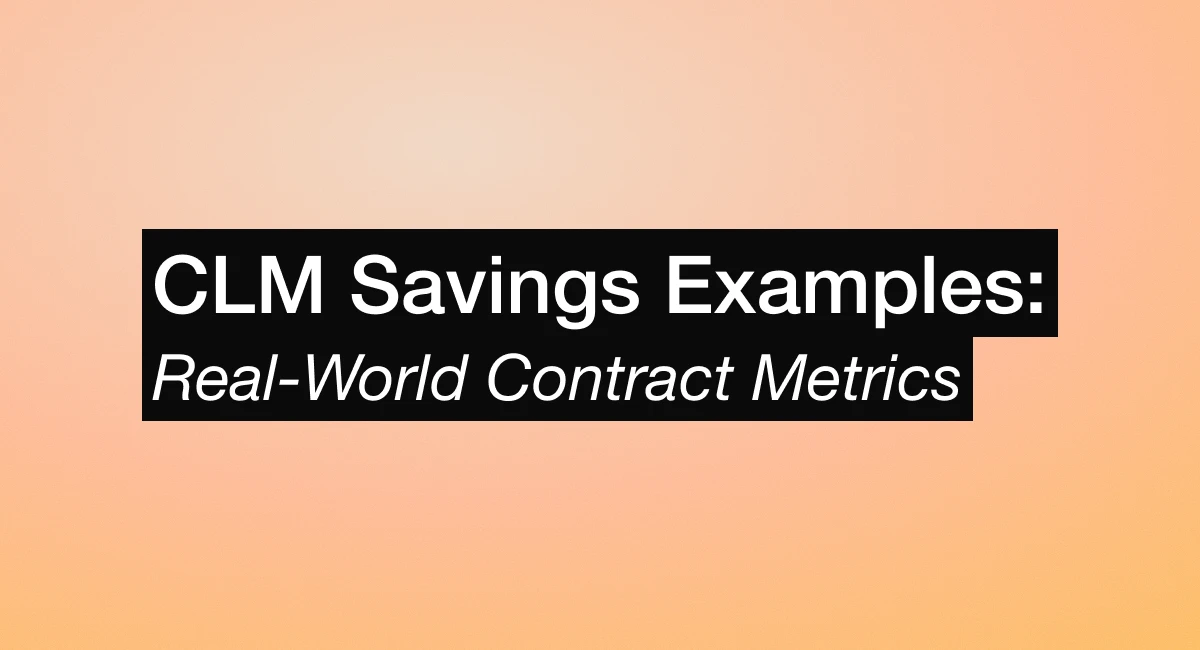What is DORA?
DORA (Digital Operational Resilience Act) is a European Union regulation that aims to ensure all participants in the financial system are able to withstand, respond to, and recover from ICT (information and communications technology) disruptions and threats. It applies to banks, insurance companies, investment firms, and even third-party IT service providers like cloud vendors.
In short, DORA has made digital resilience a compliance issue, not just an IT concern.
Why was DORA introduced?
The EU recognized that digital threats pose a systemic risk to financial stability. A single major cyberattack or system failure could ripple across borders and markets. DORA was introduced as the regulatory answer to that risk, aiming to harmonize and strengthen operational resilience across the entire EU financial ecosystem.
Who is affected?
If your organization falls under any of the following categories, you are likely impacted:
- Banks
- Insurance and reinsurance firms
- Investment firms
- Crypto-asset service providers
- Fintech companies
- Critical third-party providers (e.g., cloud or IT operations vendors)
What does DORA require?
The regulation introduces five core pillars:
- ICT Risk Management — Establish and maintain a sound risk management framework.
- Incident Reporting — Report major ICT incidents to the authorities.
- Operational Resilience Testing — Conduct regular testing of systems and processes.
- Third-Party Risk Management — Monitor and manage risks from IT service providers.
- Information Sharing — Encourage voluntary sharing of threat intelligence.
How can technology help?
To comply with DORA, financial institutions must implement systems that support documentation, traceability, and governance. That’s where solutions like Precisely’s Contract Lifecycle Management (CLM) platform come in. While DORA isn’t just about contracts, many of its requirements, especially those related to third-party risk and operational oversight, are directly impacted by how contracts are managed.
Conclusion
DORA is more than just another regulation. It marks a shift in how the financial sector views digital resilience. Now is the time for organizations to assess their current capabilities and take proactive steps toward compliance.
Read more about DORA:
How DORA Impacts Third-Party Risk Management and How CLM Tools Help
Proving Compliance: How to Build DORA-Ready Contract Workflows
Incident Readiness and Reporting Under DORA with Contract Insights


